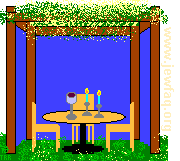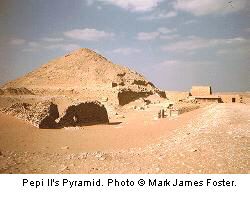Israel National Anthem - Notes
A haunting melody with real hope
(from www.freerepublic.com)
A blog of Jewish study and traditions. Notes from classes: Torah Study with Rabbi Marder, Toledot and Shabbaton as well as other details found of interest.
IF you want to be part of our Chavarah email group let me know at carol@traditionsrenewed.com



Another new item from TraditionsRenewed.
It looks just like a candle in a glass container... but it isn't
It is plastic and it is battery operated and it has special art on it and it is now available.
FAQ -
Battery lasts up to 48 hours, and they are available at local stores like Wallgreens or Wallmart.
Designs:
Tree of Life - shin on top and bottom, 18 leaves for life on each branch, 3 hamsa flowers, shin on top is also a dove for peace, the knot on the trunk is also a watchful eye, leaves on the top branch make a "chai" for life. as we remember the life of our loved one, visualize all the good things of life.
Hebrew: "Zecher Tsadik L'vracha" (The memory of a righteous person is a blessing)
Perfect for places where a flame would be dangerous or not allowed. Excellent for those who do not like to have a candle burning.
for information mail to: carol@traditionsrenewed.com
To Buy this or other Meaningful Merchandise
Let me know what you think.
